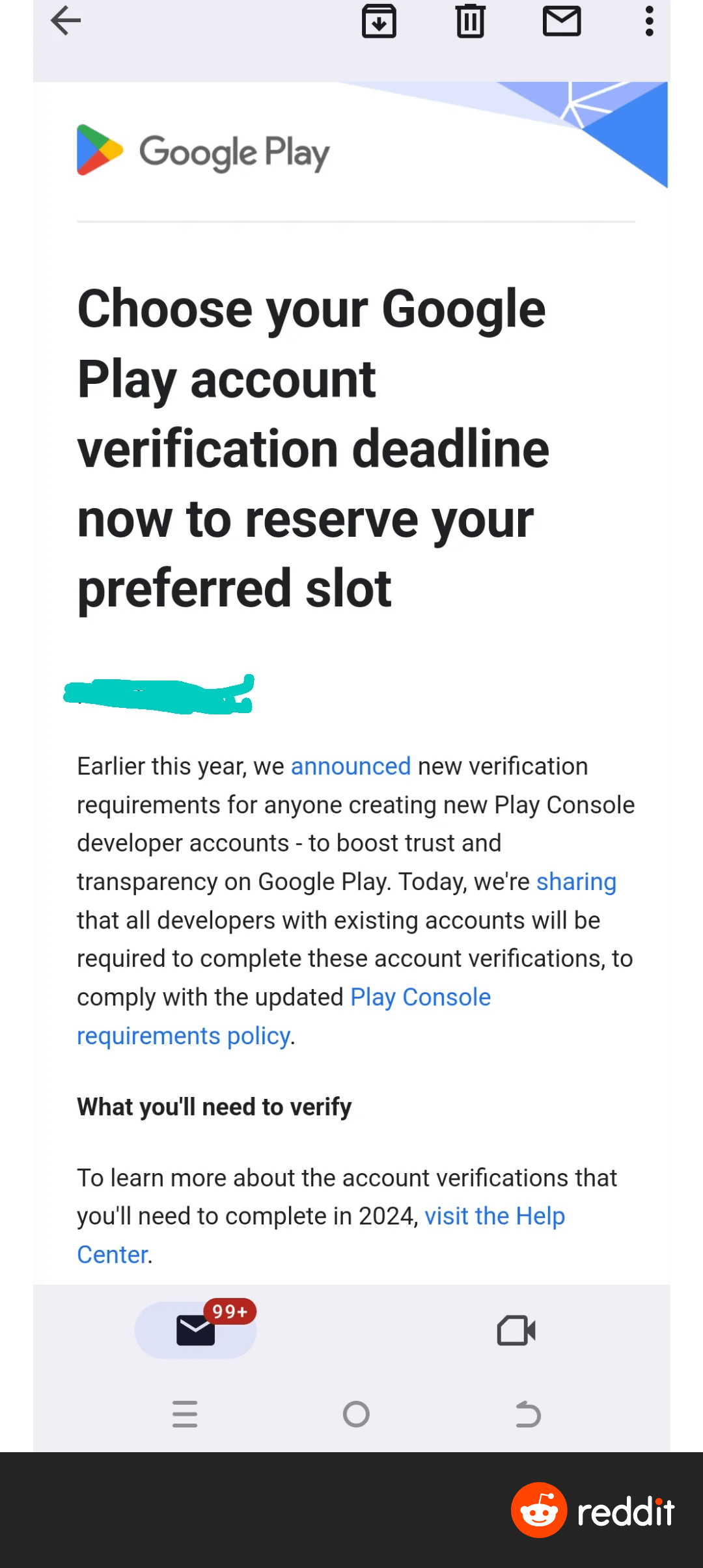Android sideloading refers to the installation of applications directly onto Android devices without relying on the Google Play Store or other official app repositories. This process has opened up a world of possibilities for users, allowing them to access apps from various alternative sources, including the F-Droid repository, which specializes in free and open-source software (FOSS). However, recent discussions about imposing stricter controls on sideloading apps have raised significant concerns regarding user freedom and Android security updates. The shift towards a more restricted environment could jeopardize the core principles that have long defined Android – namely, its open-source nature and the flexibility it offers. As we delve deeper into this topic, the implications for users, developers, and the future of Google Play Store alternatives will become increasingly clear.
The ability to install apps from sources outside of the standard Google Play Store is often referred to as bypassing conventional app distribution methods. This practice, known broadly as sideloading, allows individuals to explore a diverse range of applications that may not be available through traditional channels. As we transition into a world where security updates and developer verifications are becoming paramount, it’s essential to consider how these changes impact the vibrant ecosystem of open-source Android and the numerous platforms like F-Droid that provide users with alternative options. Furthermore, understanding the implications of potential restrictions on third-party app installation is critical for preserving the freedom that many users have come to appreciate in their Android experience.
Understanding Android Sideloading and Its Importance
Android sideloading refers to the process of installing applications on your device from outside the official Google Play Store. This practice has long been a staple of the Android ecosystem, allowing users to explore unique applications that may not be available through traditional channels. It grants users the freedom to experiment with open-source applications from repositories like the F-Droid repository or other Google Play Store alternatives that cater to niche interests. The ability to sideload has attracted a diverse range of developers and users, contributing to Android’s reputation as a flexible and customizable platform.
However, recent announcements from Google indicate a potential crackdown on sideloading practices. This shift raises concerns about user autonomy and the implications for Android security updates. With Google asserting more control over which apps can be installed, users may find themselves more restricted in their choices. Nevertheless, those who value open-source Android development and the spirit of freedom in technology are left wondering whether this change represents a step backward for the platform that has long prided itself on its openness.
Impact of Google’s Restrictions on Sideloading Apps
Google’s recent decision to impose restrictions on sideloaded applications has sparked considerable debate within the tech community. While some argue it’s a necessary measure to enhance security, many fear that this move will stifle innovation and limit access to a broader range of applications. The prospect of only allowing sideloading from verified developers can inadvertently create barriers for independent creators and smaller companies that rely on this accessibility to distribute their apps. This trend raises the alarming reality of a walled garden approach, reminiscent of more restrictive platforms.
Furthermore, as developers grapple with the implications of these changes, platforms like the F-Droid repository gain even more significance. They present a viable alternative for those seeking open-source applications that may circumvent Google’s constraints. The emphasis on peer verification and community trust, rather than corporate gatekeeping, becomes crucial for fostering a thriving open-source ecosystem where innovation can flourish and users have real choices.
The Role of Open-Source Android in the Future
The open-source nature of Android has been pivotal in driving its popularity and versatility. As the tech landscape evolves, preserving this openness is crucial for fostering a diverse app ecosystem. With alternatives like the F-Droid repository providing vast libraries of user-submitted apps, the emphasis on community-driven solutions helps mitigate the risk of a monopolized marketplace. Users who explore open-source Android platforms may find richer, more customizable experiences as opposed to overly regulated environments.
Maintaining a robust open-source community can act as a counterbalance to the tightening control exerted by large corporations, like Google. By advocating for open-source practices and supporting projects that prioritize user freedom, developers and users alike can ensure that Android remains a platform that champions creativity and diversity. This commitment to open-source Android programming not only enriches the user experience but also serves as a powerful reminder of the value of choice in software development.
Navigating Google Play Store Alternatives
As Google tightens its grip on the Play Store, users may increasingly seek out alternatives to ensure they maintain their app choices. While the Play Store has long been the primary source for many Android users, platforms such as the F-Droid repository offer a refreshing alternative. F-Droid hosts a variety of open-source applications, providing users with the ability to sideload apps that empower their devices beyond what Google might traditionally endorse. This shift could lead to the growth of alternative app markets that prioritize user autonomy and privacy.
Additionally, exploring Google Play Store alternatives allows developers to reach diverse audiences without being subjected to the rigorous scrutiny often imposed by major corporations. By amplifying independent voices and promoting an ethos of community engagement, these platforms may redefine the app distribution landscape. The emerging landscape could, ultimately, offer users a more enriched experience with broader app selections that cater to their interests and needs.
Understanding the Risks of Sideloading Apps
While sideloading offers numerous advantages, it is crucial for users to understand the associated risks. Installing apps from unverified sources means exposing devices to potential security vulnerabilities, which can compromise personal data and privacy. Though Google emphasizes the verification of developers, the reality is that this process may not be foolproof in detecting all malicious applications. Users must remain vigilant and informed about the implications of sideloading practices to ensure they do not unwittingly put their devices at risk.
Moreover, the evolving landscape regarding sideloading raises questions about the future of Android security updates. With Google attempting to enforce stricter app installation protocols, there’s the potential for conflicting standards on the security of sideloaded apps. Users need to weigh the benefits of flexibility against the need for robust security measures. It is clear that a collaborative effort between developers, users, and platforms is vital to navigate these challenges while fostering a safe and innovative app ecosystem.
The Importance of Developer Verification in Sideloading
The concept of verifying developers in the context of sideloading introduces a layer of scrutiny aimed at enhancing security within the Android landscape. Google’s focus on ensuring that sideloaded apps originate from verified creators underscores their commitment to safety, but it simultaneously raises concerns over censorship and the potential for arbitrary control over what applications are deemed acceptable. This dynamic can have profound implications for developers, particularly those working within the open-source community who may be excluded due to the new criteria.
Despite the challenges posed by developer verification, it can serve as a positive motivator for app creators to adhere to higher standards of security and functionality. Established verification processes can potentially lead to a trustworthy ecosystem that benefits end-users. Yet, this development also establishes a gatekeeping system that might inadvertently stifle creativity, making it paramount for the tech community to advocate for balanced frameworks that support innovation without sacrificing security.
The Potential of OSS Rebuild in Enhancing Security
Google’s OSS Rebuild initiative aims to tackle the rising threat of supply chain attacks by enforcing stricter verification of open-source libraries. By introducing a system that not only verifies developers but also aligns versions with published source code, Google hopes to protect users from rogue code infiltrating their systems. This initiative highlights the growing need for accountability and transparency in app development.
However, the broader implications of OSS Rebuild evoke critical discussions around power dynamics within the tech community. As Google begins to delineate which repositories and developers achieve validation, questions arise regarding equity and opportunity for lesser-known creators. Should this verification evolve into essential indicators of ‘quality’ within the space, it may risk rendering diverse voices voiceless in a landscape where larger entities could overshadow smaller developers.
User Responses and Community Action
The recent proposed changes to sideloading in the Android ecosystem have prompted a wave of feedback from the user and developer community alike. Many are actively voicing their concerns regarding the potential implications of reduced freedom and access to applications. This ongoing dialogue reflects a growing awareness of the power dynamics at play, illustrating how users are willing to mobilize for the preservation of their rights as consumers of technology.
The feedback from the community will play a critical role as Google finalizes its approach to these changes which are set to come into effect after 2027. Users and developers alike must remain vocal in their advocacy for an open and accessible Android experience. The collective action to protect sideloading and the values of the open-source community will ensure that the ecosystem remains vibrant and inclusive, empowering users to assert their agency within a rapidly evolving tech landscape.
The Future of Android: A Call for Balance
As we look towards the future of Android, a delicate balance between security and user freedom must be established. The recent moves by Google signal a trend towards tighter regulations that may reshape how apps are distributed on this platform. Yet, the diverse Android community—comprised of developers, advocates of open-source software, and passionate users—signals a desire for a path that maintains the spirit of innovation and user empowerment.
In many ways, the future of Android hinges on how effectively voices within the community advocate for principles of openness and accessibility, fostering a tech environment where users have a genuine choice in how they engage with software. Maintaining the ability to sideload applications from creators and sources beyond the constraints of the Google Play Store represents a fundamental aspect of Android’s identity. With concerted community action and diligent vigilance, users can ensure that the values that initially attracted them to Android continue to thrive in the years to come.
Frequently Asked Questions
What is Android sideloading and how does it work?
Android sideloading refers to the process of installing applications on your Android device from sources other than the official Google Play Store. This allows users to access apps not available in the store, including those from alternative repositories like F-Droid, which offers a collection of free and open-source software.
How will Google’s new restrictions on sideloading apps affect users?
Google’s new restrictions on sideloading apps will require that all sideloaded applications come from verified developers. This means users may face limits on their ability to install third-party apps, potentially impacting their access to Google Play Store alternatives and open-source Android applications.
What are the security risks associated with sideloading apps on Android?
Sideloading apps on Android can pose security risks, as applications installed from unknown sources may contain malicious code. To mitigate this, users should only install apps from trusted developers or repositories like F-Droid, which is known for its focus on security and open-source principles.
What are some alternatives to the Google Play Store for sideloading apps?
Alternatives to the Google Play Store for sideloading apps include the F-Droid repository, which specializes in free and open-source applications, as well as other app stores like Aurora Store, APKMirror, and Aptoide, which offer various applications not found on the official store.
What is the F-Droid repository and why is it important for Android users?
The F-Droid repository is an alternative app store for Android that provides a curated collection of free and open-source applications. It is essential for Android users seeking freedom and security, especially with the impending restrictions on sideloading apps, as it allows users to download apps without relying on the Google Play Store.
Can sideloading apps on Android void my warranty?
While sideloading apps does not typically void your Android device’s warranty, it could lead to issues if the installed applications cause system instability. Manufacturers may argue that using unofficial sources to install apps can impact your device’s performance, so proceed with caution when sideloading.
How can I enable sideloading on my Android device?
To enable sideloading on your Android device, go to Settings > Security, and then toggle on the option for ‘Install unknown apps.’ You will then be able to select specific apps (like your browser) that can sideload applications from outside the Google Play Store.
What are the benefits of using open-source Android applications from F-Droid?
Using open-source Android applications from F-Droid offers several benefits: enhanced transparency, improved security through peer reviews, freedom from proprietary lock-in, and the ability to customize apps to suit individual needs, making it a popular choice for users concerned about privacy and control.
How is Google’s verification process for sideloaded apps expected to work?
Google’s verification process for sideloaded apps will require developers to undergo an identity verification program, ensuring that only trusted sources can create and distribute apps. This change is designed to enhance security but may limit the variety of applications available for sideloading.
Will sideloading remain a viable option for Android users in the future?
While Google’s new policies may restrict sideloading, it is likely that users will still find ways to sideload apps, especially through open-source options like the F-Droid repository. Future community feedback and pressure will also play a crucial role in determining how accessible sideloading will remain for Android users.
| Key Point | Details |
|---|---|
| Introduction of Restrictions | Google plans to impose restrictions on sideloaded Android applications, affecting users’ ability to install apps from outside the Google Play Store. |
| User Reactions | Many users expressed outrage as they value the open nature of Android compared to other mobile operating systems. |
| Control Over Apps | Google controls 72% of the mobile OS market and intends to tighten control over app installations, raising concerns about censorship. |
| Sideloading Changes | Sideloaded apps must come from verified developers, upsetting the ease of downloading software that previously characterized Android. |
| Verification Process | Google’s blog post draws comparisons to security checks at airports, emphasizing their intent to verify developers rather than inspect app contents at this time. |
| Evolving Security Concerns | Programs like OSS Rebuild aim to tackle supply chain attacks and ensure safe installations of open-source libraries. |
| Authority and Control | Google’s verification process raises questions about who qualifies as a verified developer and potential bias against alternative software. |
| User Feedback Importance | User reactions may influence Google’s decision, as verified sideloading may not be widely implemented until 2027. |
| Community Response | To maintain software choice on Android, the community’s voice is crucial to address these upcoming changes. |
Summary
Android sideloading is facing significant changes as Google plans to impose restrictions on applications installed outside the official Google Play Store. This shift raises concerns among users who appreciate the open nature of the Android ecosystem. While Google claims that they aim to enhance security by verifying developers of sideloaded apps, this initiative could potentially reduce user freedom and increase control over app availability. As the community gears up for these changes, it becomes crucial to advocate for the preservation of choice and openness in the Android software landscape.












